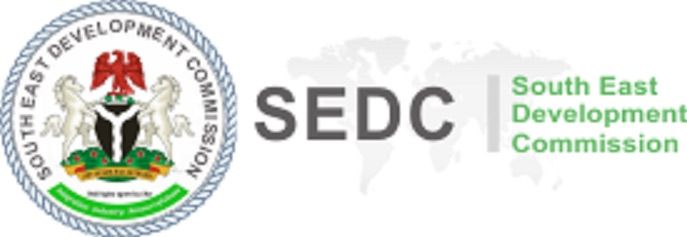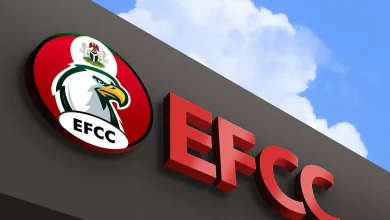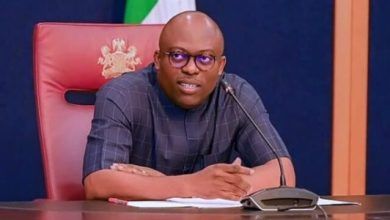
The Managing Director and Chief Executive Officer of the South East Development Commission (SEDC), Mark Okoye, has reaffirmed the commission’s unwavering commitment to driving economic growth and infrastructure development in the South East region of Nigeria.
In his inaugural address, Okoye expressed his gratitude to President Bola Tinubu for entrusting him with the responsibility of leading the commission, while also commending the 10th National Assembly for its determination in passing the South East Development Commission Bill.
He also extended his appreciation to the Senate Committee on Regional Commissions for their diligent work in screening and confirming the board.
With the commission officially inaugurated last week, Okoye emphasized that it is now poised to embark on its critical mission: rebuilding the infrastructure damaged during the Nigerian Civil War and addressing the region’s broader developmental challenges.
In a statement issued by the SEDC’s media unit on Wednesday, Okoye underscored the region’s urgent need for development.
Referencing World Bank estimates, he highlighted that Nigeria requires an annual investment of $100–$150 billion to close its infrastructure gap, with at least $10 billion needed to transform the South East alone.
He pointed out the region’s significant hurdles, including over 2,500 active erosion sites, high unemployment rates, and a challenging investment climate.
Despite these obstacles, Okoye expressed the commission’s resolve to drive transformative infrastructural development in the region.
Looking to the future, Okoye set a bold target of growing the South East economy to $200 billion by 2035, in line with President Tinubu’s vision for a $1 trillion national GDP.
He affirmed the commission’s commitment to working collaboratively with state governments, the private sector, and development partners to foster inclusive economic growth.
“Our immediate strategy involves engaging with state governments to align initiatives with regional priorities and the Renewed Hope Agenda. We’ll partner with the private sector to attract investment and create job opportunities, while also collaborating with academic institutions and research bodies to ensure evidence-based policymaking and workforce development.
Additionally, we’ll work with traditional and religious leaders to promote social cohesion and grassroots engagement, as well as civil society organizations to uphold transparency and inclusivity,” Okoye stated.
Building on past regional economic blueprints, including those laid out by Dr. Michael Okpara, Okoye outlined key areas of focus for the commission, including enhancing security, improving the investment climate, fostering technology and innovation, and advancing agriculture and industrialization.
With a clear vision for the future, Okoye assured Nigerians, particularly those from the South East, that the SEDC will prioritize action over rhetoric. Every initiative will be anchored in a detailed roadmap with measurable outcomes.
“In the coming months, we will unveil several initiatives, including an interactive website to facilitate public engagement. We have a unique opportunity to transform the South East into an economic powerhouse. Together, let’s usher in a new era of regional development and economic transformation,” Okoye concluded, calling on all relevant stakeholders to join in the effort.





